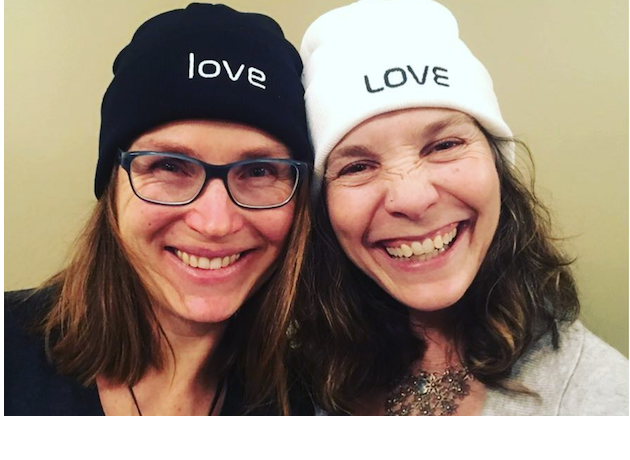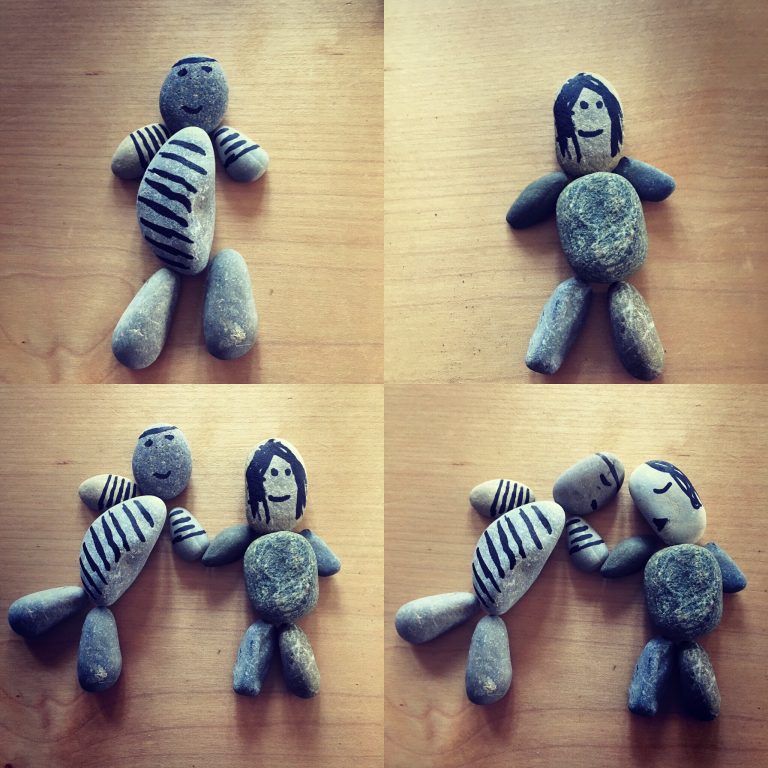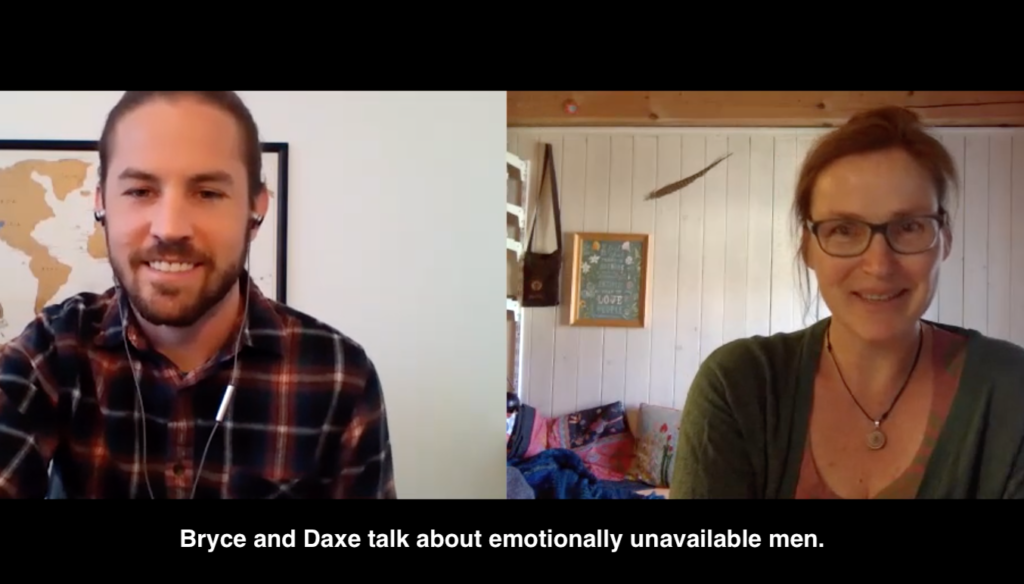Uncategorized
Testblogbeitrag Deutsch
Lorem ipsum dolor sit amet, ad appareat partiendo mea. In sea dolore posidonium, ad vim modus dolor volumus. Ne eam magna iriure deserunt, maluisset constituto ex eos. No vim tota splendide omittantur. Aliquid intellegebat vis ei.
Et alterum omnesque signiferumque nam, brute praesent patrioque ea eam. Prima tritani oporteat qui no, ei mei minimum delicata volutpat, tincidunt definiebas argumentum eu qui. Eum id euismod fierent assueverit. Eos lorem sonet deserunt at. Mel cu minim definitiones. Petentium adversarium concludaturque duo ei, hinc prima alterum ex nam.
Mei in magna oporteat, vix ad nusquam pertinax constituto. Vel id nostrud pertinacia voluptatum. Ut quando nullam atomorum vix. In sea partem tincidunt, eam no augue ubique pertinax, atqui velit audire eos id. Ut omnes aliquip quo, his ne tibique offendit.
Probatus tacimates mei id, his cu malis quaerendum. Nobis facilis euripidis ei usu, pri ex electram temporibus, has id vidit facete. Suas evertitur expetendis ex eam. Impetus inermis forensibus mei ex, latine discere conceptam usu ut. Ea meis aperiam cum. Recusabo intellegat id est.
In sit discere eleifend, pertinax reformidans reprehendunt eu eum, nec tamquam pericula no. Ad illud pertinax qui, eos maiestatis eloquentiam instructior eu. Pri ad adipisci intellegat accommodare, ei ubique delicata adolescens has. Hinc melius eligendi ius id, cu nam unum ridens molestiae. Vim id possim epicurei argumentum.
Mea adhuc eligendi torquatos ei, aperiam tritani detracto eum in, et laudem soluta postulant mel. Vix populo facilisis ne. Essent antiopam et cum, illud utroque id sea, est falli consulatu ne. An eam aeque nobis. Est alii stet ludus id. Probo semper vel et, in invenire intellegat cotidieque sed.
Ut has laboramus dissentiet ullamcorper, ne nibh percipit eam. Dolores nominati intellegebat at ius. Facer exerci eloquentiam in vis, ea pro dicat omnes iisque, usu ne cibo omnium disputando. Ad has sumo graecis, in nam magna ullamcorper. Ut vim recusabo accommodare, has at ceteros eligendi honestatis. In consequat mnesarchum sententiae vel, postea patrioque definitiones et ius.
Ne luptatum insolens eum, ex duo velit accusam, in usu augue patrioque temporibus. His et odio agam impetus, eam elitr reprehendunt ea. Dicam vocibus no vis, sed facete labitur reprimique eu, malorum sensibus interpretaris cu pro. Id nec vero ornatus. Tibique disputando ut usu, wisi paulo dignissim at sit. Sit te doming everti, ius vide adversarium cu.
Iudicabit liberavisse disputationi vix ex. Integre comprehensam eu duo, vim te nullam dissentiunt, te vel facilis repudiare. Dicant essent audiam qui ei, dicant corrumpit adipiscing mea ad, omnis aperiam est no. Erat verear laoreet nam no. His modus inani fuisset no, quo no novum consulatu urbanitas, pri admodum luptatum periculis ut.
Solet abhorreant ullamcorper id mei, atqui labores quo no, duo et phaedrum torquatos appellantur. Nostro aperiam officiis mel ei, vis latine phaedrum scriptorem ex, sea ne clita decore efficiantur. Vim nostro omnium persius no. Solet dignissim ne nec, sit ne omnes commune dissentias, habeo nobis alterum his eu. Nec nostrud conceptam deterruisset eu.
No omnes tantas vidisse ius, sit ei atqui democritum argumentum. Id solet libris laoreet usu. Ut eum.
“I was an emotionally unavailable man.” – Bryce
My friend and colleague Bryce Bauer and I talk about his journey from being an emotionally unavailable man to becoming a Relationship Coach. Today Bryce helps men to find more of themselves for the sake of owning their life and having better relationships.
We start by talking about how Bryce felt before he decided to improve his relationship with himself. He tells me how one man’s powerful statement prevented him from giving up on his recovery from drugs and alcohol. Subsequently Bryce said NO to his usual distractions and stayed with the pain of facing himself. He then describes what this emotional work actually looks like.
What was the role of women on this journey? Bryce describes two pivotal moments with strong women in his life: The first with his mother who finally stood up to him in a new way. And the second with his wife, Marriage and Family Therapist Jenny Morrow, with whom he runs the Advanced Relationship Academy today.
We talk in depth about when and how to call a man forward into being more of himself. Listen to Bryce answer the question that many women ask themselves: “What if a man does not seem to want deep connection?“
What can a woman say, and more importantly: what can a woman do, if she deeply loves a man struggling with emotional availability? Finally, what are some first steps a man can take if he is ready to meet himself more deeply?
Time stamps
01:26 Bryce’s journey from drug and alcohol recovery to owning his life.
04:29 How would I know if I am emotionally unavailable?
07:49 What does emotional work look like?
09:48 This challenging comment created a waking up moment when Bryce wanted to quit recovery.
12:50 What does it mean to “face yourself“?
14:25 The give and take of saying “no” to distraction.
15:08 How these two powerful women called Bryce forward.
18:00 The power of a woman standing in herself.
21:40 What if a man is not in touch with his desire to feel connected?
23:20 “Life will continue to provide pain if we are disconnected.“
24:30 How to invite a man into connection.
26:30 “Men have thick shells, but curiosity and love can melt that.“
29:10 First steps for men.
Helpful links
Men’s group with Bryce Bauer and Levi Chettle. For a men-only practice community.
The Relationship Training Community with Daxe and Jolandé. For general relationship tools and practice in community.
“I was an emotionally unavailable man.”– Bryce
My friend and colleague Bryce Bauer and I talk about his journey from being an emotionally unavailable man to becoming a Relationship Coach. Today Bryce helps men to find more of themselves for the sake of owning their life and having better relationships.
We start by talking about how Bryce felt before he decided to improve his relationship with himself. He tells me how one man’s powerful statement prevented him from giving up on his recovery from drugs and alcohol. Subsequently Bryce said NO to his usual distractions and stayed with the pain of facing himself. He then describes what this emotional work actually looks like.
What was the role of women on this journey? Bryce describes two pivotal moments with strong women in his life: The first with his mother who finally stood up to him in a new way. And the second with his wife, Marriage and Family Therapist Jenny Morrow, with whom he runs the Advanced Relationship Academy today.
We talk in depth about when and how to call a man forward into being more of himself. Listen to Bryce answer the question that many women ask themselves: “What if a man does not seem to want deep connection?“
What can a woman say, and more importantly: what can a woman do, if she deeply loves a man struggling with emotional availability? Finally, what are some first steps a man can take if he is ready to meet himself more deeply?
Time stamps
01:26 Bryce’s journey from drug and alcohol recovery to owning his life.
04:29 How would I know if I am emotionally unavailable?
07:49 What does emotional work look like?
09:48 This challenging comment created a waking up moment when Bryce wanted to quit recovery.
12:50 What does it mean to “face yourself“?
14:25 The give and take of saying “no” to distraction.
15:08 How these two powerful women called Bryce forward.
18:00 The power of a woman standing in herself.
21:40 What if a man is not in touch with his desire to feel connected?
23:20 “Life will continue to provide pain if we are disconnected.“
24:30 How to invite a man into connection.
26:30 “Men have thick shells, but curiosity and love can melt that.“
29:10 First steps for men.
Helpful links
Men’s group with Bryce Bauer and Levi Chettle. For a men-only practice community.
The Relationship Training Community with Daxe and Jolandé. For general relationship tools and practice in community.
“No, I am NOT angry!!”
– How to avoid a lengthy argument right at the beginning.

“You seem angry!” – Have you ever heard this statement? Have you ever gotten angry hearing this statement, when you hadn’t been angry before? I have. It is a triggering statement for me, because I would like to think of myself as calm and composed. I might even get into an argument about whether I am indeed angry, or not. And, as I am asserting my view I will get angrier and angrier…
From personal to relational empowerment
“There is no such thing as self-realization. We can only truly realize ourselves in connection with those we love, the culture we live in, and the planet as a whole.”
– Terry Real, 2020
Here is a way out of that cycle. It works every single time, and it will usually shorten the otherwise looming argument to under a minute. The trick is to reach beyond “personal empowerment” all the way to “relational empowerment” (Terry Real “The New Rules of Marriage”). So how does that work? Let’s look at the personally empowered attitude first.
When I come from personal empowerment I think something like: “Do not tell me how I feel!” And I will focus on empowering myself, claiming my right to feel whatever I feel. You better not patronize me by telling me what that is! This will probably lead to a lengthy fight, or at least to tension and disconnection, where there could be playfulness and affection.
How is the attitude of “relational empowerment” different? When I take that attitude, I focus not on empowering myself, but on empowering the relationship. I think something like: “Looks like there is less safety between us right now, and my partner is speaking up about that. I need to make a move to restore safety between us.” I then do just that by saying, for example: “I wasn’t aware of being angry. Let me take a breath and slow down.” Then I take a deep breath and make eye contact with my partner.
Wait a minute! Isn’t that admitting to being angry, even if I am not? Not strictly speaking, and it could still be interpreted like that. Chances are, I was tense, frustrated or rushed. Science shows that other people usually pick up on my level of aggravation faster than I do (Stan Tatkin, Relationship Rx). So maybe I was a little angry. Or maybe I was not. Does it matter?
The magic move is faster and kinder
In any case, it is faster and kinder to take care of my relationship, which includes me and my partner. This means letting go of the past observation which cannot be proven right or wrong anyway, and reassuring my partner of my good intentions:
“I want you to feel safe when we are talking. Let me take a breath. Does this feel better?”
And that is the magic move. Instead of arguing about whose view is right (“No, I was NOT angry!”) I save time by remembering that I want to feel safe and have my partner feel safe, too. I state my good intentions, and reassure my partner by saying or doing something caring. Once we both feel relaxed again, we can enjoy our combined creativity and resourcefulness to tackle whatever we are tackling in the moment.
Relational Empowerment will empower your relationship AND you
This attitude of taking care of the relationship by taking care of myself and my partner is called relational empowerment. In order to take this inspired and modern approach I need to (1) realize the importance of relationship for me, and (2) I need to feel personally empowered, so that I do not concentrate my main effort on becoming personally empowered.
And anyway: What is the best way to become truly personally empowered? Get into a relationship and take good care of it. It will show me where my blindspots are, and it will challenge me to deepen my ability to love myself and my partner for as long as I choose to invest in it.
– If this blog and practical tip was helpful to you, you may enjoy our practice community. This is where you can find like-minded people, more learning, and most importantly practice. Because practice will take your relationships to the next level!
Love is dark and light – How struggle invites you to work and heal
 Love has two faces: Dark and light. Yet what does that mean? And how do you work with it?
Love has two faces: Dark and light. Yet what does that mean? And how do you work with it?
Popular culture says love is only light. I tried hard to be only a (de)light. That’s how I found spiritual practice. My goal was to be forever peaceful and loving. I thought if I meditated hard enough, my being would invite only light, and my relationships would be pure harmony.
Hm… that didn’t happen. Yes, I found useful insight and transformation through spiritual practice. And no, I wasn’t peaceful and loving all the time, much as I tried to fake it (more on that here). So I re-doubled my effort. Which led to a host of very valuable changes, yet I still struggled, particularly in relationship, and I still frequently got controlling, critical and angry. The same seemed to be true for my fellow practitioners and most of my spiritual teachers.
The missing place of practice that helped me make real progress here was relationship. My meditation cushion and my yoga mat were helpful solitary places, yet finding the ability to work with myself in relationship was the springboard to where I had wanted to go. One big entry point into that highly effective place of practice are times of struggle.
“Relationship is work!” or “Do the work!” these are common phrases, but what does that actually mean? Here are three steps of working with dark times that constitute one major route toward healing.
The first step of the work is noticing the impulse to distract. Dark times are painful times. Times we do not enjoy. Bored times, scared times, sad times… Those are the times we want to distract. We seek comfort in our distractions. They can be little, such as zoning out, eating a cookie, drinking a beer, or big, such as going outside of our relationship and having an affair.
Noticing the impulse to distract becomes far easier when you know your favorite distractions: coffee, sugar, drinking, social media, drama. What is your favorite way to get out of your experience? One main way I distract from uncomfortable feelings is jumping to analysis, cracking a joke and criticism.
The more you know yourself here, the easier it becomes to use your distractions as reminders to pause and proceed to Step 2.
Step 2 is simply: Checking in. What am I feeling? Drop in to yourself and feel how you are doing. Take a deep breath. If you are interacting with someone, be transparent: “Hang on, I need to pause for a moment.”
Notice the uncomfortable emotion. Allow awareness of your experience. Yikes, who would want to do that? I think you probably are crazy enough to try, because you understand that hard paths lead to exciting places. So: What is your experience?
Perhaps you are feeling bored, tired, hopeless, hurt or scared, or a wild mixture of all of that. Just notice. You may develop a favorite way for this, like Dan Siegel’s SIFT practice, or your own unique little check-in routine.
If you were able to become aware of your distractive behavior and are now checking in with your felt experience, that is a big win!! Take a celebratory breath. You have used struggle as an opportunity to “do the work” and that is a major achievement.
Now you can choose to do something new. You know that new choices bring new results. So, choose to not distract, but instead do step 3.
Step 3 is choosing to stay connected. Connected to what? First and foremost, to yourself. This is another fundamental element of what “doing the work” means: Hold your experience in warm regard and stay with it for a while.
Take your experience seriously, because if you don’t, no-one else will. This is no easy feat, because most of us got the message that what we are feeling is wrong, unimportant or dangerous to notice.
We may have gotten that message from our elders, for whom in fact it may have been a matter of survival to not feel (e.g. in times of war). Also, they didn’t know what we know today: Our emotions can and will transform, if we take care of them. If we do not, they lead to unwelcome “complications”, like withdrawal, discontent, restlessness, overeating, rage, depression etc. Holding down your emotions will deplete you and suck the life out of your relationships.
So, keep practicing step 3: Stay connected. To yourself, and hold yourself in warm regard. Allow your emotional experience to be essential information, just like other essential pieces of information you check in with all the time, such as your thoughts, your bodily sensations or what your ears are hearing.
If you are practicing the three steps while you are with your partner or a friend, you can choose to stay connected to them, too. A start for that would be to share your experience. “Right now I feel…” And all sorts of interesting things can happen from there.
So, here is the work:
- Step 1: Notice the impulse to distract.
- Step 2: Check in with yourself.
- Step 3: Choose to stay connected.
Healing means coming to terms with what is (Jon Kabat-Zinn). These three steps alone are one main portal for healing. They will transform your relationship to yourself and others. A second major portal of healing is loving relationship. As you train up your ability to notice, be with and share your experience skillfully, your relationships will deepen, and become an incredibly effective place of healing. They will also become deeply fulfilled.
Choosing to stay with your experience and to stay connected to another person is the work that invites healing. It will transform your life. It can get tough and scary, and it requires tools. However, these tools can be learned, just like other skills. One way to learn and practice is to find likeminded and skillful friends (like my friend Jennifer Morrison from The Relationship School® in the picture above: white hat is Jennifer, black hat is me).
You can find likeminded practitioners in our free Relationship Training Community. This group comes with guidance from two experienced Relationship Coaches and teachers: Myself and Jolandé Heppell. Here we practice, offer tools, help you find practice partners and announce free webinars and chances to join our paid practice community (“The Relationship Students”), if you are ready to take it to the next level by regularly studying the art and work of relationship.
Practice right now and share one favorite way you distract in the comments below. I am curious!

